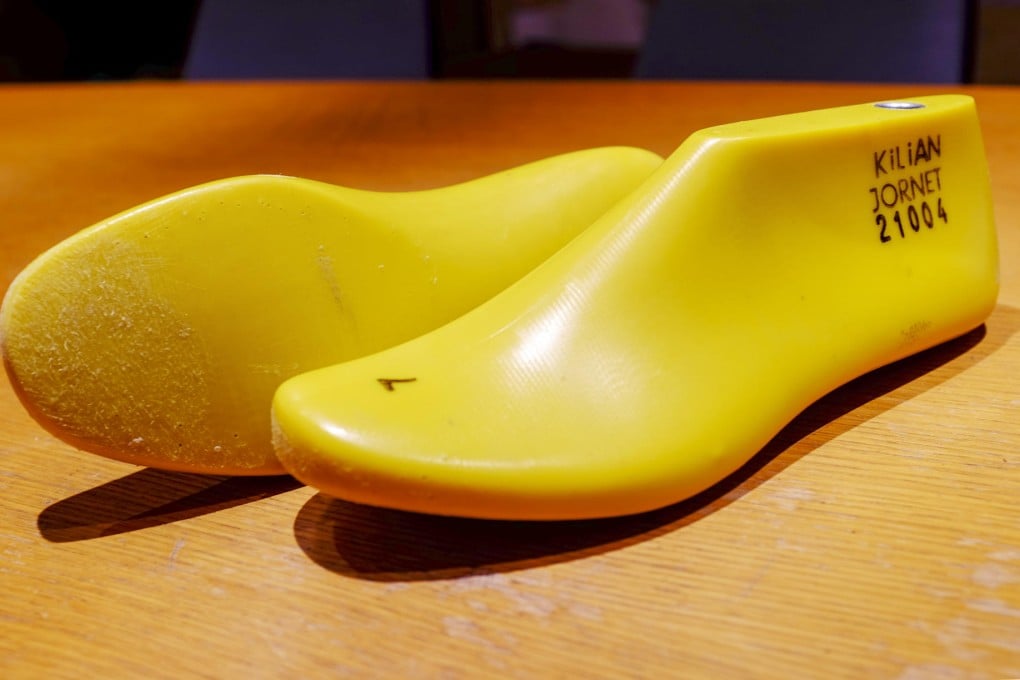The making of a perfect running shoe
A French outdoor gear maker's laboratory offers a glimpse of the hi-tech power behind its running shoes

It's not exactly rocket science, but making a running shoe comes close. Just ask Gregory Vollet from Salomon, the French company that is a world leader in the booming sport of trail running.
"We make more patents than [US space agency] Nasa every year and it costs us €1.5 million [HK$15.5 million] each year to protect all our patents," says Vollet, manager of Salomon's international running team, during my recent visit to the company's headquarters and birthplace in Annecy, southern France.
We send shoes to testers in every continent because durability is different
Examples of these patents include Endofit, an internal sleeve designed to hug the foot in the right places, and Quicklace, a strong lace for tightening with one pull.
With runners worldwide spending billions of dollars on running footwear each year, it's no surprise that manufacturers are racing to come up with new technologies and designs.
After six years of research and development, for example, Adidas recently launched the Springblade, a shoe that would look at home in . In place of flat soles and foam cushioning, there are 16 blades on each pair, said to "harness and release more energy to help propel you forward with every stride".
Meanwhile, Nike this month launched the Free Hyperfeel, a svelte shoe that "mimics the intricate workings of the human foot". Using pressure-mapping technology and high-speed film to analyse the foot in motion, Nike researchers studied the optimal areas of the foot for cushioning and traction.
